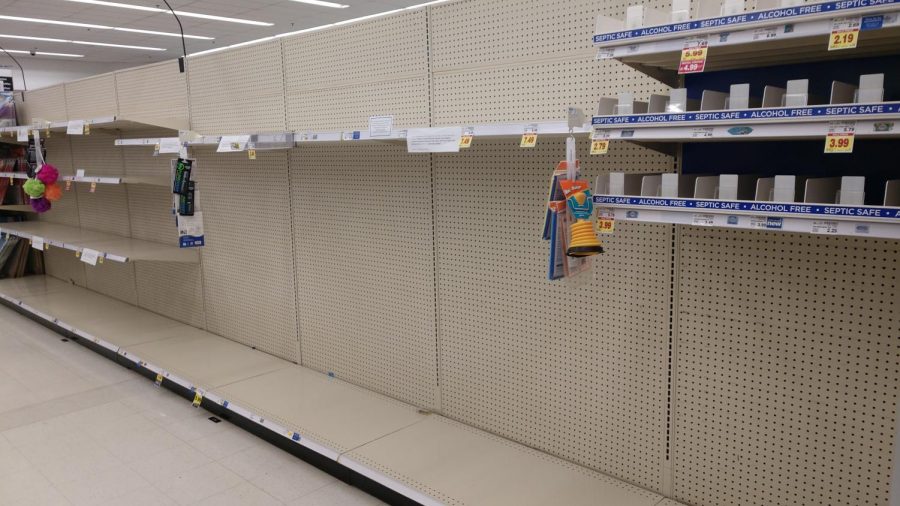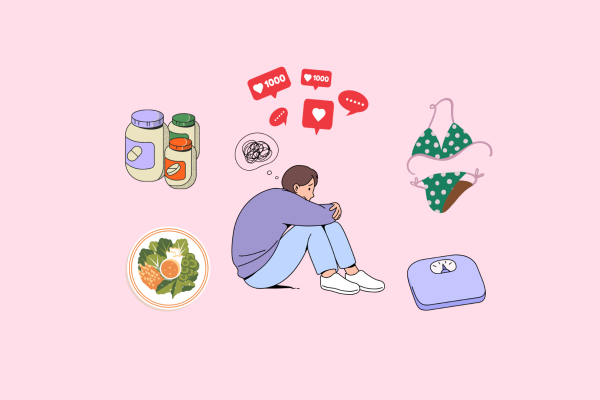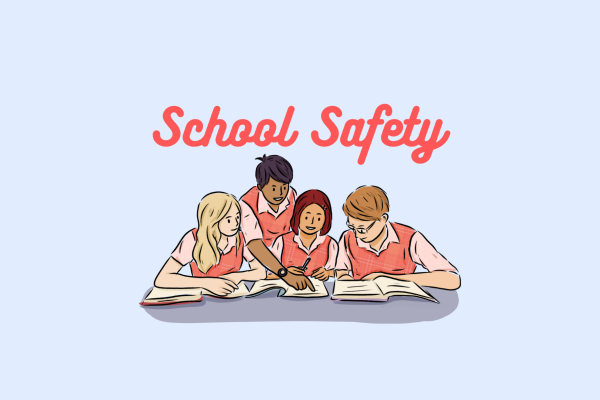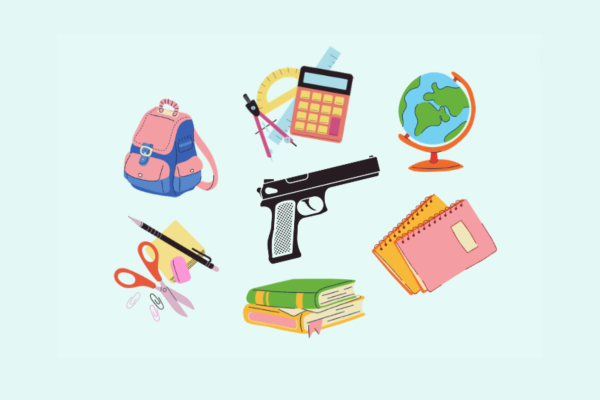Hoarding Endangers Americans Further During the Coronavirus Pandemic
Opinion
The recent coronavirus outbreak (COVID-19) has caused mass panic in the United States, resulting in bulk-buying at a multitude of department stores. People are buying sanitary supplies in excessive amounts and sweeping grocery store shelves in fear of a prolonged lockdown. This phenomenon has been captured in various photos that reveal empty aisles and long lines.
One of the most alarming targets of hoarding is masks. They are seen as one of the most effective methods to prevent contact with the virus, making them an attractive product for panicked buyers. In most stores, masks are nowhere to be seen. However, it is imperative for doctors and other health professionals to have access to masks, as they have no choice but to work closely with infected patients. Many medical professionals are resorting to making their own masks out of surgical bedsheets. Others turn to reusing masks, which is extremely dangerous because they can get contaminated. If both patients and doctors lack proper masks, then the doctors have no choice but to risk contracting the virus themselves. This would lead to inadequate medical care, therefore putting the hoarders themselves in even more danger.
Besides masks, bulk-buying medicine also takes away vital resources from the sick or immunocompromised. People are hoarding antibiotics, which work against bacteria, not viruses, and medications for other diseases such as lupus. Hoarding medication is useless in the first place as there is no confirmed cure for the coronavirus yet, and taking large doses of anything is dangerous.
Along with medical supplies, people also hoard toilet paper. Many shopping carts are being filled with mountains of toilet paper packs, which each contain approximately 10 to 30 rolls. However, according to this website, which calculates how long a certain supply of toilet paper will last, the average user is buying 500% more than what is needed for quarantine. Purchasing five times of what is needed is unnecessary and expensive, so it’s probably in one’s best interest to put some of those packs back.
With the number of COVID-19 cases rising, people justify hoarding as a way to avoid going to the store during the peak of the pandemic. Indeed, taking multiple trips to the store is a risk because of the need for social distancing, and stocking up on sanitary supplies seems an effective way to avoid this. However, this doesn’t really work in terms of food because of expiration dates. One might assume that buying a lot of food means that they will have to shop less, but all food items have an expiration date. This means that instead of having lots of food that would last through the pandemic, you would have a bulk of food to eat within a short period of time before it goes to waste. This wasted food could have gone to someone in less fortunate circumstances and would have a negative environmental impact.
So, what else can be done about this situation? While simply warning hoarders of the consequences might have some effect, there are multiple other solutions that stores themselves can implement. One is to create a designated shopping time for at-risk populations such as the elderly or the immunocompromised. In this way, such populations will be able to shop safely and are guaranteed access to needed medication. Another is to control the amount of a certain supply one person can purchase. Signature retailers such as Target and Walmart have already placed such limitations on baby wipes, toilet paper, etc. Costco, which is known for its generous return policy, has removed it on certain food and cleaning items to discourage mass-buying. In addition to these policies, many stores have food deliveries so people can order food online and not have to bulk-buy. People can order toilet paper online as well, reducing the need to hoard. Pharmacies have also added prescription requirements to lower hoarding.
For many citizens, especially for those who are not from wartime generations, the coronavirus pandemic is one of the most jarring events in their lifetime. Many are still adjusting to the threat of loved ones falling ill, as well as the restlessness that comes from social isolation. Fear and uncertainty push people to do things that they logically realize are wrong, such as hoarding. However, it is important to realize that everyone else involved in this pandemic is also in danger. Selfishness is conducive to neither the safety of the public nor the individual.

Class of 2022
When I’m not at school, you can probably catch me reading, writing, or doodling. I love watching old Disney movies and listening to...

Class of 2022
I love making videos, taking scenic photos on trips, writing, reading, and making art. I play the violin and do karate. I’m also a huge...






